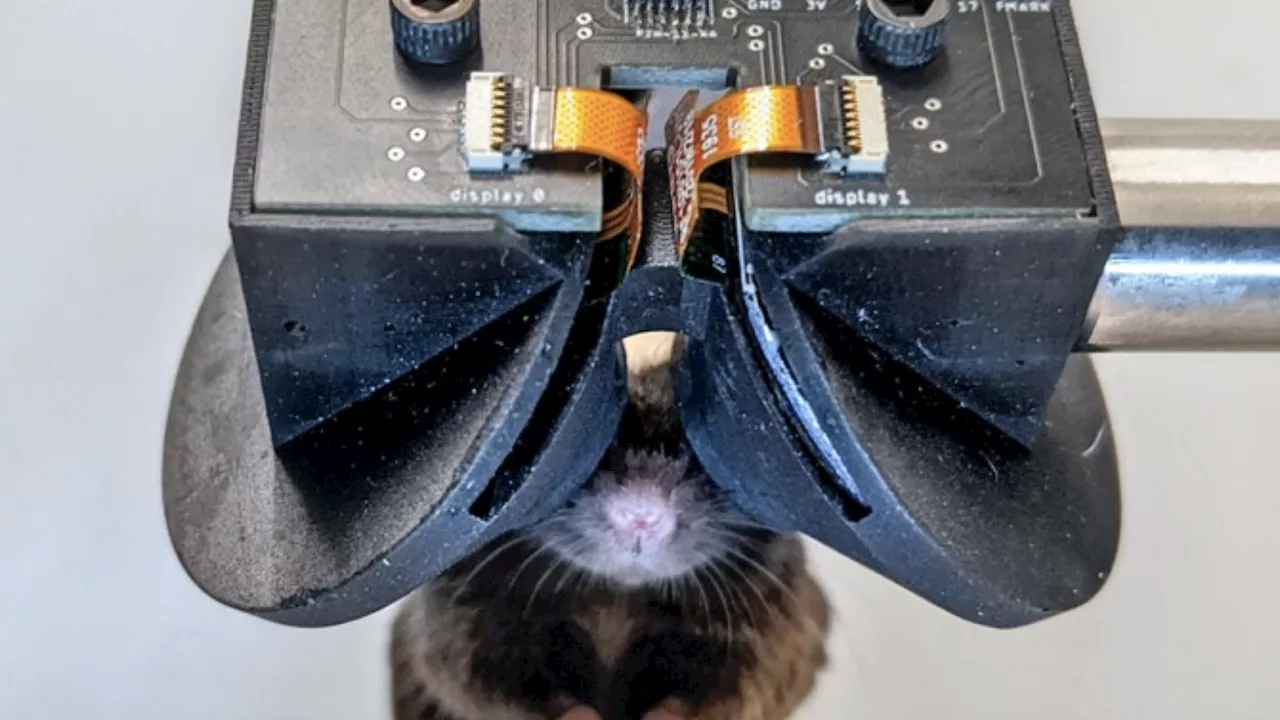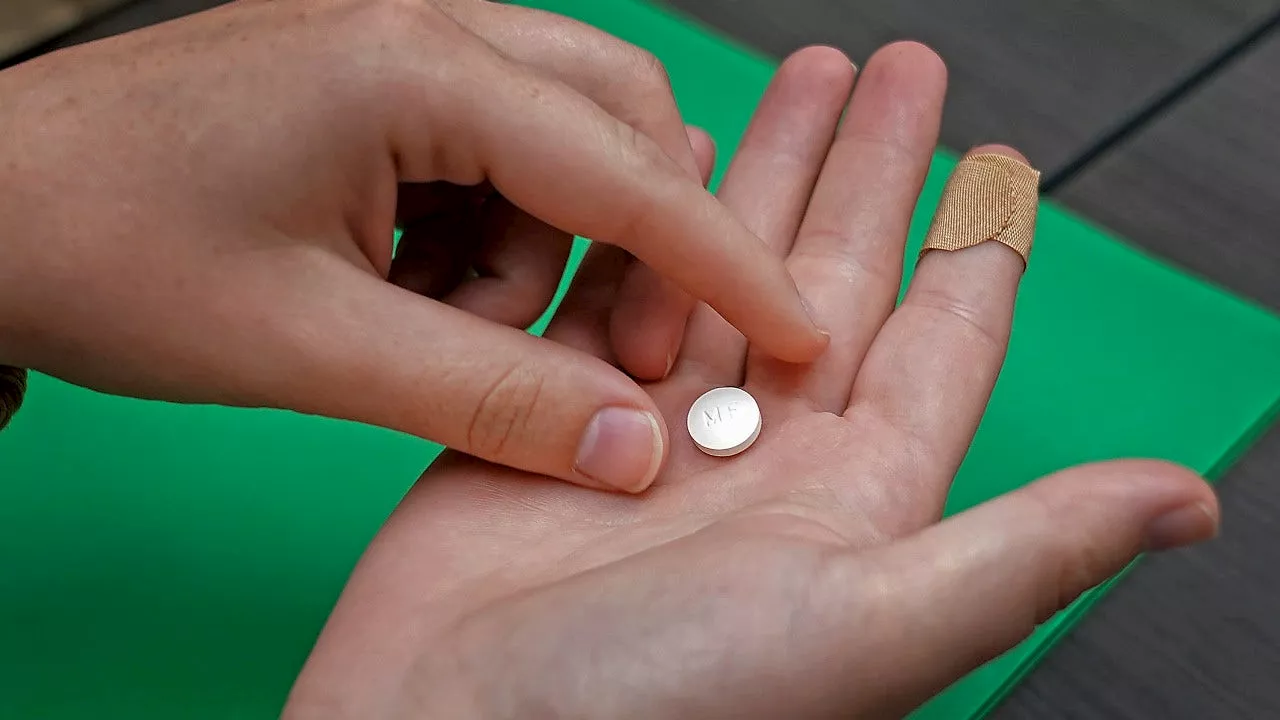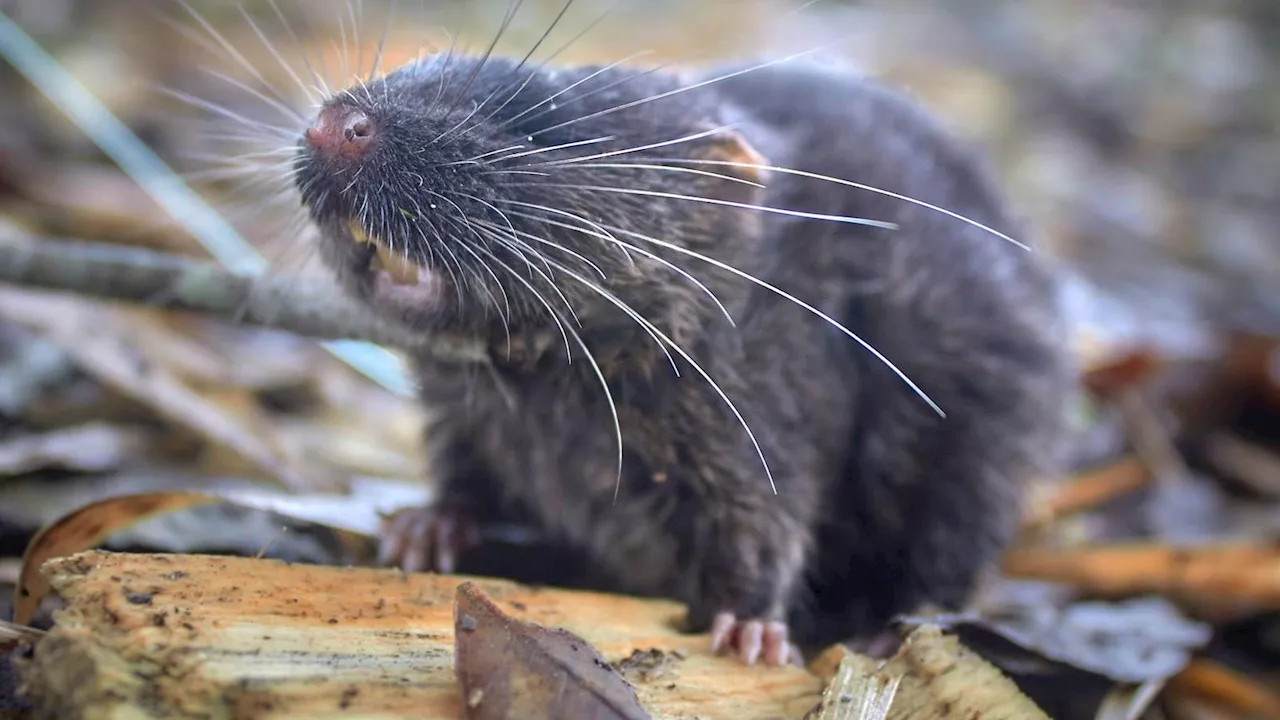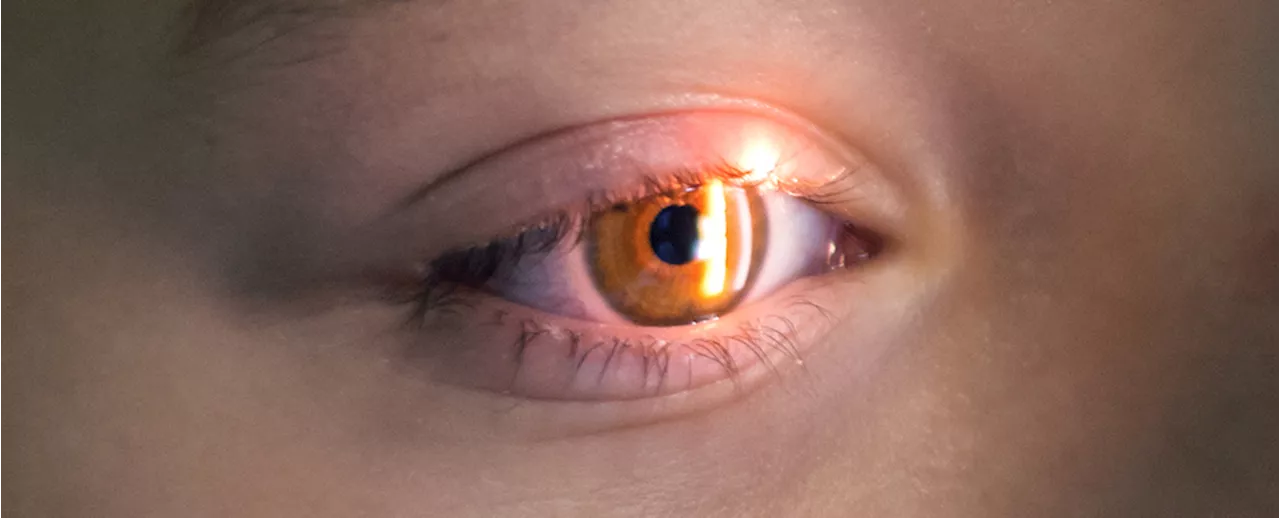A new study from Cornell University provides insights into how the brain differentiates new and old memories during sleep. Researchers monitored mice as they learned new tasks and slept, observing distinct pupil constriction and dilation patterns associated with the replay of recent and older memories, respectively.
While our body shuts down in slumber each day, the brain remains busy at work, filing through the day's recordings and making sense of them with respect to past experiences. Just how fresh memories are processed without blurring into old recollections has never been clear, with scientists hypothesizing different methods of keeping our memories separate while we sleep.
Researchers from Cornell University in the US strapped brain-scanning electrodes and tiny eye-tracking cameras to mice, monitoring them as they learned new tasks in the day, such as navigating a maze, and slept during the night. (Fun fact: mice can (NREM) sleep, that restorative period crucial to forming memories. One replayed new memories, coinciding with a constriction of the pupils. The other substage featured recall of older memories, with the pupils dilated. Each phase occurred in quick succession.The findings help answer the question of why consolidation of new memories doesn't erase old ones; for example, learning to play the piano without forgetting how to ride a bike. A similar analysis will need to be carried out in humans to verify the results, even if we do share a lot of brain similarities with mice.Before now, there had been plenty of debate over how the brain fitted new memories in amongst the old ones during sleep – specifically, just how separated and intentional (SWRs) – known to affect memory storage – during contracted pupil stages in the mice limited their capabilities to remember anything new. 'We are proposing that the brain has this intermediate timescale that separates the new learning from the old knowledge.' The implications of the study are far-reaching: having a non-invasive means of monitoring brain function may help in the treatment of memory issues or the boosting of memory, for exampl
MEMORY SLEEP BRAIN RESEARCH MOUSE
United States Latest News, United States Headlines
Similar News:You can also read news stories similar to this one that we have collected from other news sources.
 Cornell Researchers Develop Miniature VR Headsets to Study Mouse Brain ActivityResearchers from Cornell University have created MouseGoggles, miniature VR headsets designed to immerse mice in virtual environments. These headsets, built with affordable components, aim to provide deeper insights into the neural activity related to spatial navigation and memory function in mice. The technology holds potential for understanding disorders like Alzheimer's disease and exploring potential treatments.
Cornell Researchers Develop Miniature VR Headsets to Study Mouse Brain ActivityResearchers from Cornell University have created MouseGoggles, miniature VR headsets designed to immerse mice in virtual environments. These headsets, built with affordable components, aim to provide deeper insights into the neural activity related to spatial navigation and memory function in mice. The technology holds potential for understanding disorders like Alzheimer's disease and exploring potential treatments.
Read more »
 LLMs beat human neuroscience experts in predicting study outcomes.New study shows AI large language models (LLMs) outperform human neuroscientists in predicting neuroscience study outcomes.
LLMs beat human neuroscience experts in predicting study outcomes.New study shows AI large language models (LLMs) outperform human neuroscientists in predicting neuroscience study outcomes.
Read more »
 Chemical Abortion Pain Intensity Surprises Many WomenA new study reveals that many women undergoing chemical abortions experience more pain than anticipated.
Chemical Abortion Pain Intensity Surprises Many WomenA new study reveals that many women undergoing chemical abortions experience more pain than anticipated.
Read more »
 Peru Expedition Reveals 27 New Species, Including Rare Swimming MouseScientists conducting a Conservation International survey of Peru's Alto Mayo landscape were surprised to discovery such biodiversity in a densely settled area.
Peru Expedition Reveals 27 New Species, Including Rare Swimming MouseScientists conducting a Conservation International survey of Peru's Alto Mayo landscape were surprised to discovery such biodiversity in a densely settled area.
Read more »
 New Study Reveals Motherhood’s Toll On Women EntrepreneursA gender bias expert, Kim Elsesser, Ph.D., is the author of Sex and the Office and taught classes on gender at UCLA for eight years. She is a senior contributor for Forbes and has published in the New York Times and Los Angeles Times.
New Study Reveals Motherhood’s Toll On Women EntrepreneursA gender bias expert, Kim Elsesser, Ph.D., is the author of Sex and the Office and taught classes on gender at UCLA for eight years. She is a senior contributor for Forbes and has published in the New York Times and Los Angeles Times.
Read more »
![]() Beauty Filters Make People Seem Less Intelligent in Photos, Study RevealsA study found that photo filters can make women appear less intelligent to males, while making men seem smarter to females.
Beauty Filters Make People Seem Less Intelligent in Photos, Study RevealsA study found that photo filters can make women appear less intelligent to males, while making men seem smarter to females.
Read more »
